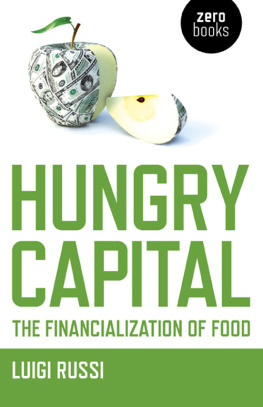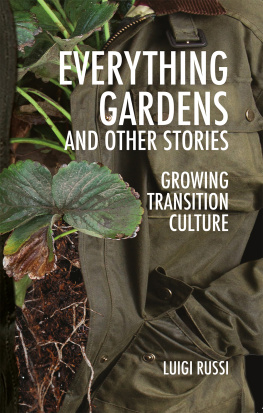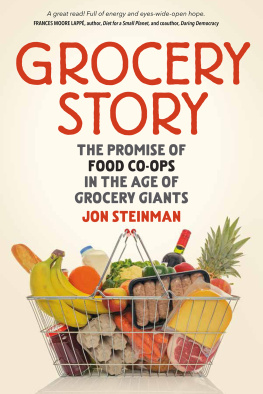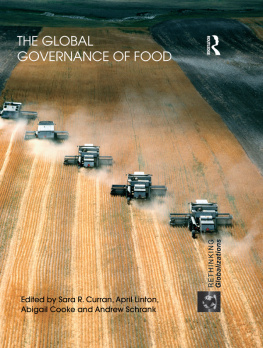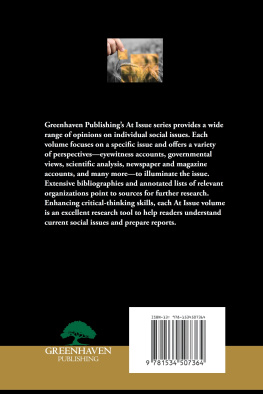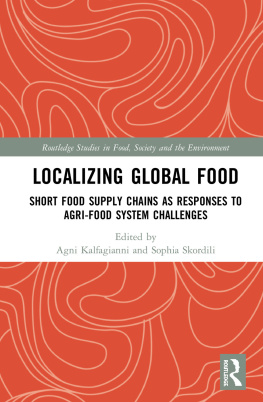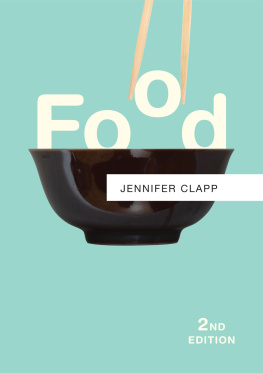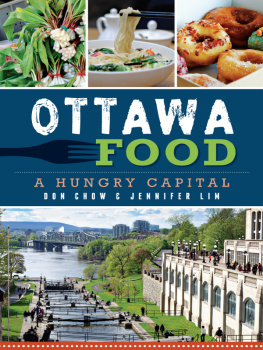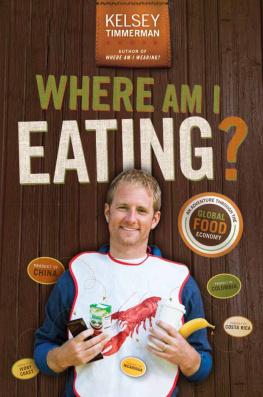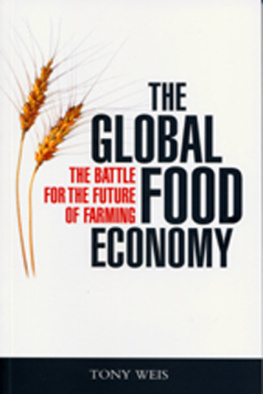WHAT PEOPLE ARE SAYING ABOUT
HUNGRY CAPITAL
Luigi Russi takes up an issue that will dominate the lives of people everywhere in the coming years: the adequacy and safety of our food. He brings insights from the worlds of finance, legal sociology and political economy to link processes of global capitalism with the appalling persistence and increase of hunger and malnutrition. A must read.
Jayati Ghosh, Professor of Economics, Jawaharlal Nehru University
This is a thought-provoking book on the food industries and how these are entangled with the world of finance. It is theoretically well grounded, original and rich in empirical detail. It is an important contribution to the international debate on the future of agriculture.
Jan Douwe van der Ploeg, Professor in Transition Studies, Wageningen University
Russi issues a stark warning, as he identifies how the drive for profits and the deregulation of commodity trading are re-shaping the business strategies of the large corporations who procure, broker and reassemble our food. The result is the acceleration of the ecological crises facing the food supply.
David Barling, Reader in Food Policy, City University London and co-author of Food Policy: Integrating Health, Environment and Society
At a time when finance and food are the epicentre of global crises, Luigi Russis study provides a unique insight into the dynamics driving these complex but critical chains of human economic interaction. A must read for anyone analysing complex socio-economic processes and the potential for social progress.
Anastasia Nesvetailova, Reader in International Political Economy, City University London and author of Financial Alchemy in Crisis: The Great Liquidity Illusion
Luigi Russi has made a significant contribution to the unpicking of the relationship between finance and food by opening up for scrutiny the powerful and uncontrolled forces operating in this obscure and complex trading system, which has only just been recognised as giving rise to a crisis which is as potentially damaging as the failure to maintain control of the worlds banking industry.
Peter Robbins, Author of Stolen Fruit: The Tropical Commodities Disaster
Hungry Capital provides a timely and novel analysis of the new frontier of financial capitalism.
Ole Bjerg, Associate Professor, Department of Management, Politics and Philosophy, Copenhagen Business School
First published by Zero Books, 2013
Zero Books is an imprint of John Hunt Publishing Ltd., Laurel House, Station Approach,
Alresford, Hants, SO24 9JH, UK
www.johnhuntpublishing.com
www.zero-books.net
For distributor details and how to order please visit the Ordering section on our website.
Text copyright: Luigi Russi 2013
ISBN: 978 1 78099 771 1
All rights reserved. Except for brief quotations in critical articles or reviews, no part of this book may be reproduced in any manner without prior written permission from the publishers.
The rights of Luigi Russi as author have been asserted in accordance with the Copyright, Designs and Patents Act 1988.
A CIP catalogue record for this book is available from the British Library.
Design: Stuart Davies
Printed and bound by CPI Group (UK) Ltd, Croydon, CR0 4YY
We operate a distinctive and ethical publishing philosophy in all areas of our business, from our global network of authors to production and worldwide distribution.
Acknowledgments
I have contracted many debts of gratitude in the process of writing this book. Over the last couple of years, I have had the opportunity to meet outstanding and exciting teachers at the International University College of Turin, City University London and Schumacher College. As far as the subject of this book is concerned, I am deeply indebted to Anastasia Nesvetailova, Colin Tudge, David Barling, Fabian Muniesa, Gunther Teubner, Jan Toporowski, John Haskell, Joseph Halevi, Luca Pes, Saki Bailey, Talha Syed, Tim Lang and Ugo Mattei. Other teachers have also illuminated my path with their thoughts and writings and provided support and encouragement: Jayati Ghosh, Jan Douwe van der Ploeg, Ole Bjerg, Peter Robbins and Robert Biel. I also wish to acknowledge the invaluable support of the friends that proofread and provided feedback on earlier drafts of this manuscript: Alfonso Javier Encinas Escobar, Vico Belli and Ishupal S. Kang.
The ideas presented in Hungry Capital have benefitted from exposure at academic venues around the world. In particular, I am indebted to Jayati Ghosh and Rajendra Kundu for having me present the book at Jawaharlal Nehru University, and to Surajit Mazumdar for putting together a seminar at Ambedkar University Delhi. I also wish to thank Deigracia Nongkynrih, Bhagirathi Panda (and Danny Pariat) for arranging a talk at NEHU. In addition to that, Giuseppe Mastruzzo, Michele Span and Antonio Marchisio have made it possible for me to partake in the IPEL Seminar Series at the International University College of Turin, and Steffen Boehm and Ann-Christine Frandsen have selected my work for presentation at the 4 th Critical Finance Studies Conference at the University of Essex. I am grateful to them all.
Furthermore, this book would have never seen the light, had it not been for the generous financial support I have received over the years. The Fondazione Giovanni Goria and the Fondazione CRT have kindly sponsored my studies at the International University College of Turin through their Master dei Talenti della Societ Civile project. My doctoral studies at City University London have been made possible by the generous support of the Bank of Italy, which has funded my first year with a Donato Menichella scholarship, and of the Fondazione Felice Gianani, which has provided further funding for the second year through a Borsa di Studio Felice Gianani. Of course, it goes without saying that any and all ideas expressed in this book are mine only, and shouldnt be taken to reflect the views of my institutional affiliations, sponsors or academic network. I equally take sole responsibility for any mistakes and/or inaccuracies that may be left in the text.
In addition to the above, I have benefitted from further support from many other sources. I am grateful to Mary-Jayne for being close at a crucial time, to everyone at the Calthorpe Project for bringing me closer to the soil, to Roberto Schellino for sharing glimpses of peasant life, to Looby, Klaudia and Stefan for introducing me to permaculture, to Alice for making me discover the world of food, to David, Ann and Ghan for offering a quiet place and West Country landscapes and to everyone at the ILSC and Goodenough College for providing such a supportive environment.
Once again, I find myself short of words to express the unconditional love and support I have received from my parents, Elvio and Flavia, and from my brother Guido. Thank you for believing in me and supporting my choices in uncertain times. Thank you also to my acquired family for welcoming me so warmly and providing moments of respite from the hum of work: Danny, Deanna, Richard and Zelma.
The beauty, elegance and hearty laughter of Putli fill my life with color. I am honored to have you in my life, and I love you. This book is for you.

